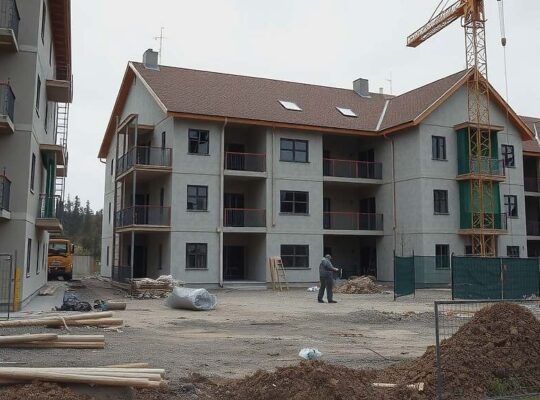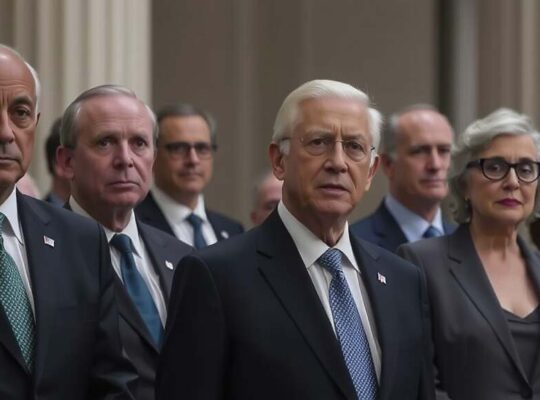German employer representatives are intensifying their criticism of the planned Collective Bargaining Compliance Act. Steffen Kampeter, CEO of the Confederation of German Employers’ Associations (BDA), stated that opposition to the proposed legislation is widespread within the organization.
Kampeter has urged the CDU/CSU parliamentary group in the Bundestag not to approve the draft bill in its current form, questioning why the Union should support legislation largely mirroring proposals originating from the governing coalition.
He suggests that businesses impacted by the Act have strong grounds for legal challenge. Kampeter argues that the justification for tariff compliance clauses in public procurement has diminished, given the existing legal guarantees of minimum standards for wages and working conditions through the statutory minimum wage.
The proposed Act aims to ensure public contracts are awarded only to companies adhering to wage and working time standards outlined in collective bargaining agreements, with a new authority slated to oversee compliance. Kampeter questioned the necessity of establishing a new monitoring body, advocating instead for a “declaratory tariff compliance” system – whereby companies affirm adherence to legal standards, with violations subject to sanction – similar to approaches found in some regional laws.
Regarding the anticipated reform of working time legislation, Kampeter expressed skepticism about reaching a joint recommendation with the German Trade Union Confederation (DGB). He indicated a fundamental disagreement in objectives, stating his organization seeks reform while the DGB appears resistant to change. Despite this, he expressed a continued, albeit diminishing, hope for a collaborative solution.
The CDU/CSU and SPD have agreed to amend the Working Time Act, shifting the focus from daily to weekly maximum working hours. Prior to legislation, employers and unions are expected to engage in a “social partner dialogue” to identify common ground.
Kampeter affirmed his organization’s willingness to participate in the dialogue but reiterated concerns about the unions’ openness to amending the legislation, expressing optimism that constructive solutions can be found through discussions with the Ministry of Labour.
The fourth and final session of the dialogue is scheduled for October, after which the government will internally review the outcome and draft a legislative proposal, a process Kampeter indicated will not occur within the current calendar year.












